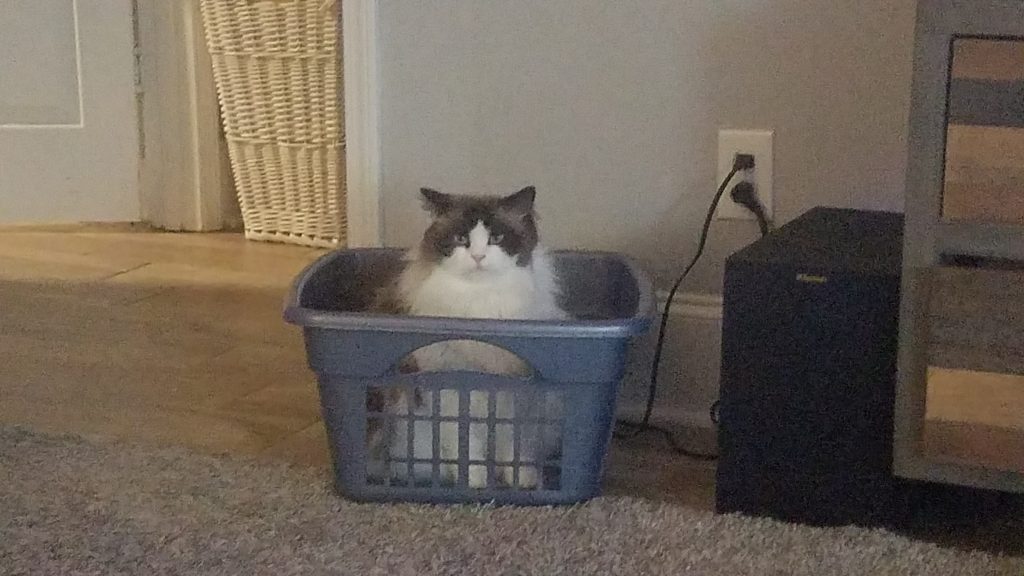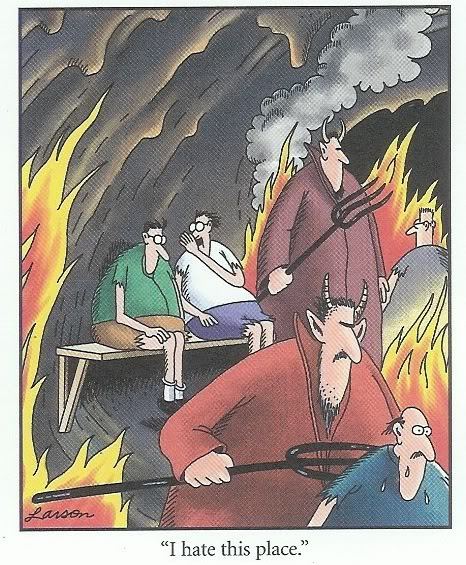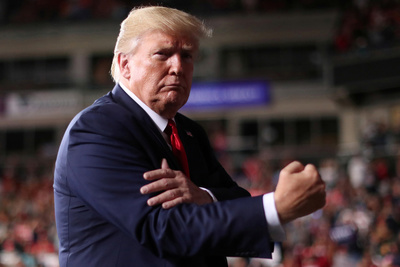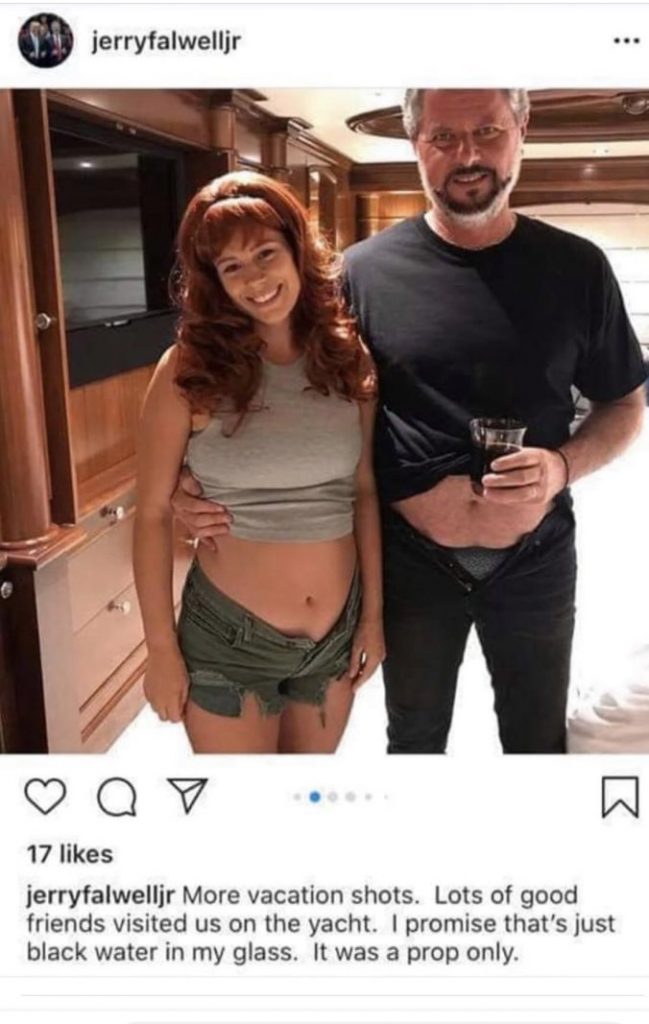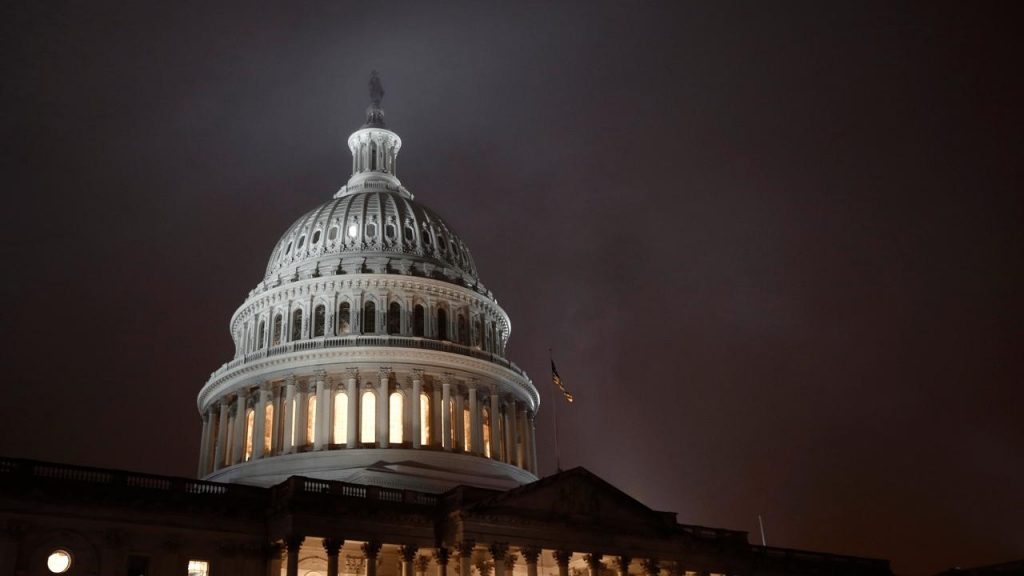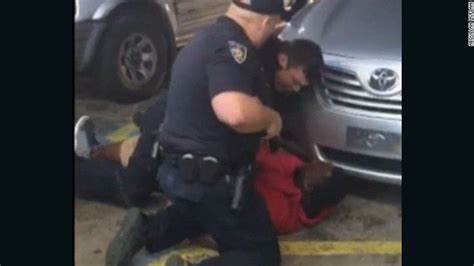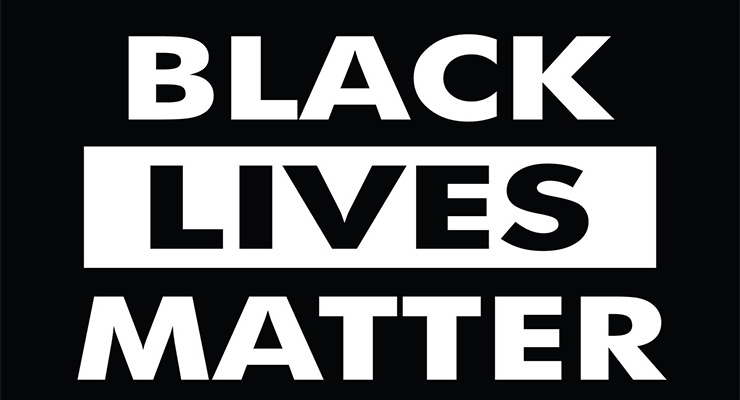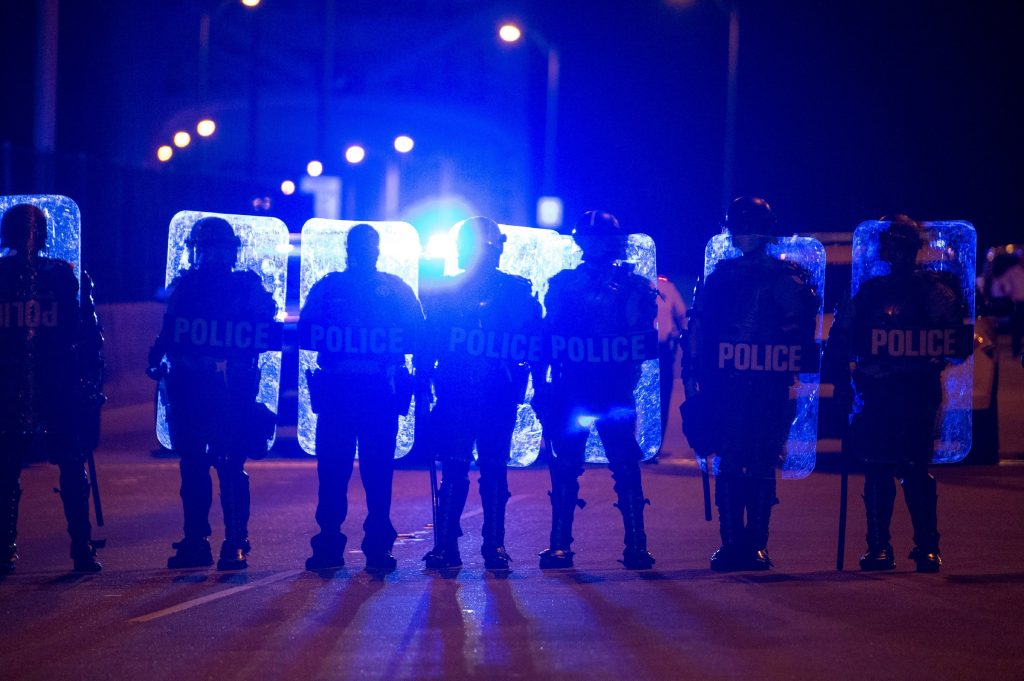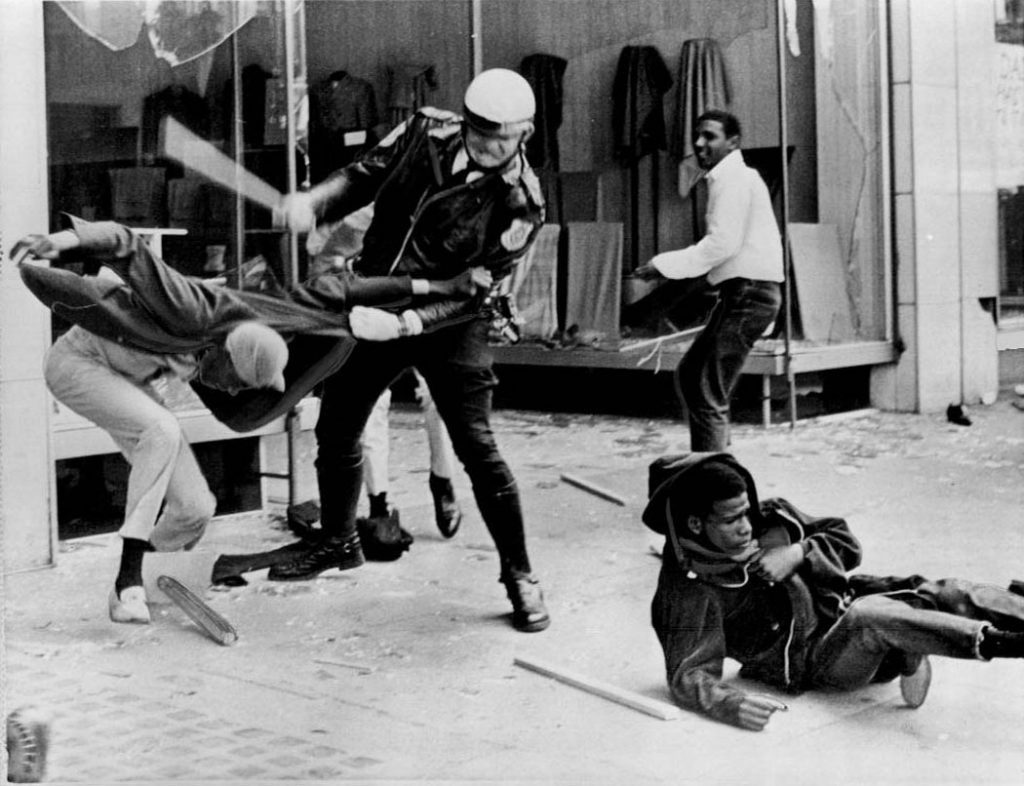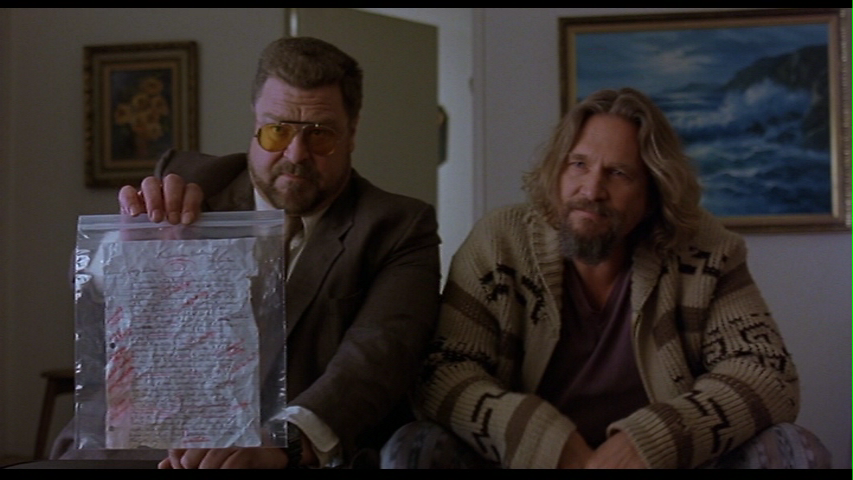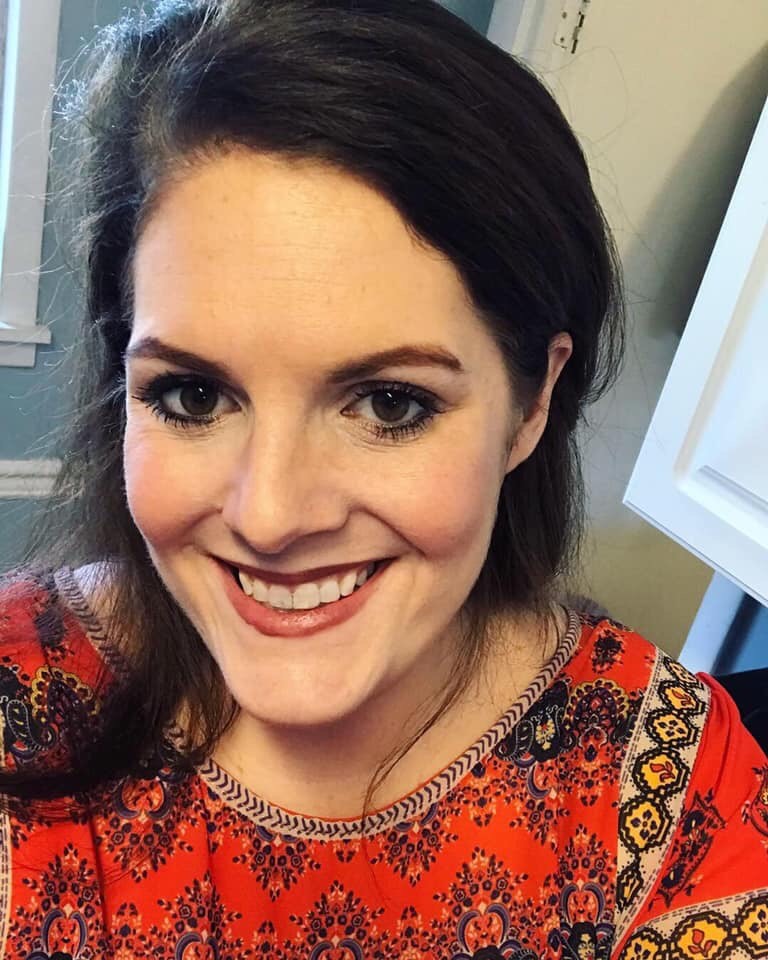
DeViney, J.: Emily, thank you for taking the time to talk about what it is you’re doing to improve the status quo in the State of Mississippi and, by proxy I feel, the nation.
Rhodes, Emily Osborne: Thank you for asking me! I’m honored to be a small part of your publication.
DeViney: If you would, please elaborate on who it is you’re working with and what it is that you all hope to accomplish via this initiative.
Rhodes: Certainly! I’m the COO of Grassroots Community HQ, the group responsible for collecting signatures for the Medical Marijuana 2020 ballot initiative campaign. I work with GCHQ founder Jonathan Brown on behalf of Mississippians for Compassionate Care, which is the organization overseeing the MM2020 campaign. MCC has a steering committee comprised of well-respected individuals statewide including elected officials, medical and health care professionals, law enforcement, faith leaders, and veterans. Our mission is to put the question of allowing patients in Mississippi to have safe and legal access to medical marijuana through a state-regulated program to voters on the 2020 ballot.
DeViney: There’s an expression in politics (although it can be heard on occasion in other realms as well), “follow the money.” If we go back to when cannabis (among others) was Federally outlawed and look at why marijuana was [outlawed], do you think public education along those lines would (or will) make a difference? Or would that be getting “in the weeds” (no pun intended) in terms of a successful effort for you and your colleagues?
Rhodes: Interesting question, thank you. Yes, I believe educating people on issues is always important, and often the catalyst to seeing change come about. I am personally very passionate about [policy] reform, and I think people having safe and legal access to Medical Marijuana is so important in this battle. After we complete the signature gathering portion of the campaign, the people of GCHQ, LLC and Mississippians for Compassionate Care hope to continue educating people even more than we have been doing.
DeViney: This is probably among the more elementary questions I could possibly ask, but it is academic to some degree nonetheless: given that there is an actual elaborate process involved in fermenting something to produce alcohol and marijuana comes from a plant that, for argument’s sake, we’ll stipulate was made by God (like all other organic matter), where’s the disconnect here? Where does the (seemingly) bizarre misinformation about cannabis versus alcohol come from? I mean, is “Reefer Madness” still the prevailing doctrine in some circles?
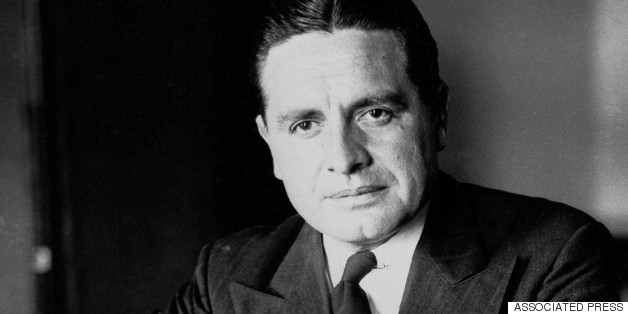
Rhodes: It’s actually not an elementary question. This is an issue we face every day. People are [still] conditioned to view it as criminal activity and something that only “losers” partake in. So, to answer your question more directly, I believe that the bizarre misinformation about cannabis versus alcohol comes from [things like] Harry Anslinger’s [admitted] dislike of minorities and substance use. We are trying to help change that narrative through education and real-life anecdotal evidence.
DeViney: Along those lines, there seems to be a rather widespread theory of marijuana, in any form, being “a gateway drug.” Never mind the established fact that caffeine is the most widely used psychoactive substance on the planet, or that alcohol (namely, underaged consumers of alcohol) bring about far more vehicular fatalities than cannabis, is there some clarity you can lend us here?
Rhodes: So, this is a question we hear all the time, and an objection raised continually. It’s interesting to hear people discuss this when they have had experience with substance abuse. I’ve heard someone say “well, I believe marijuana is a gateway drug. I mean, my mom is a heroin addict. First it was alcohol, then it was weed and then the rest followed.” So, by their own admission, alcohol was the gateway drug that led to other substance abuse. But, again, going back to this tainted view we have of cannabis, the alcohol use was glossed over and instead the cannabis was pointed to as the culprit. It’s also important to note that the campaign that I’m a part of is fighting for medical marijuana to go on the ballot. So, when people discuss medical marijuana and say they object to it because it could be a gateway drug, my response is “what about the medical Oxycontin that physicians prescribe? Is that not a gateway drug? Oftentimes straight to heroin?” We are wanting medical marijuana to be accessible in a safe and legal way because it is so much safer than the alternatives. Education, again, is so key here. People need to be educated about the harms of some of the pharmaceuticals that are currently prescribed. For instance, people who struggle with anxiety, PTSD, etc. are oftentimes prescribed Xanax or Valium. These are highly addictive substances, both physically and mentally. Cannabis has been shown to greatly aid in these debilitating issues, without the addicting factor. And going back to your original question, Xanax and Valium could also very likely be gateway drugs to other harmful substances.
DeViney: Say cannabis became legal in the State of Mississippi. What sort of economic impact, in terms of jobs, tax revenue, decline of prison population and recidivism, et al, do you foresee?
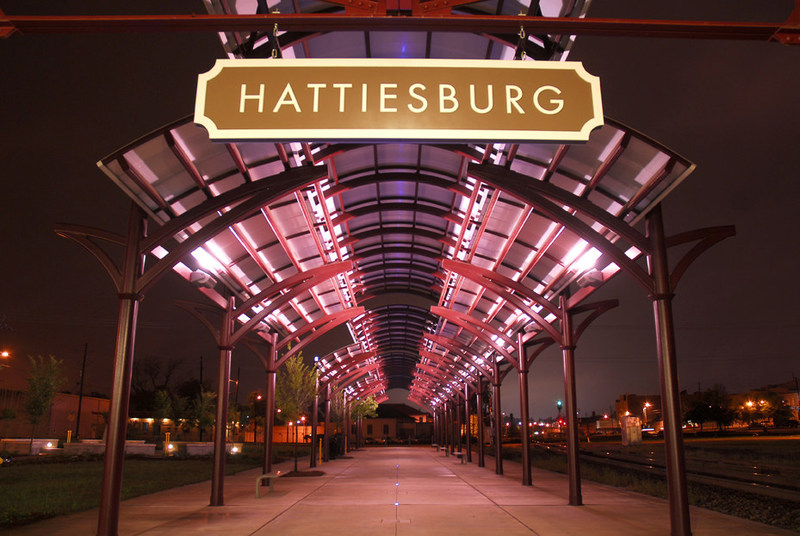
Rhodes: If medical marijuana became legal here, we have such optimistic hopes for the State of Mississippi! [It] has the perfect climate to grow the plant, so there are many farmers who would benefit greatly from having the opportunity to grow and sell this plant. There is no cap on the number of treatment centers that could be opened, so business owners/potential business owners across the state would have so many opportunities. There are so many different ways for people to be financially and economically benefited by having medical marijuana in our state. The program that would be put in place is self-funding so we aren’t going to be dipping into any tax money (I know this is an often voiced concern). Currently, people in Mississippi who need marijuana for debilitating conditions such as cancer, Parkinson’s, PTSD, and chronic pain are, in some cases, turning to the black market for this product. They are not only endangering their lives by ingesting a substance that could potentially be laced with deadly drugs, they are also risking their freedom by committing what is currently a crime. We have tax dollars in the hundreds of thousands being spent on people sitting in jail for non-violent drug crimes, often pertaining to marijuana. We want the people of Mississippi to have safe and legal access to this plant, that could ease their suffering without worrying about going to jail or prison. We believe that having medical marijuana in Mississippi would have an incredibly positive impact economically; additionally, other states with medical marijuana programs have shown prison populations decline, and the rate of recidivism declines, as well. People won’t be going back to jail for obtaining this substance that could be so crucial to their health and quality of life.
DeViney: Please forgive me if this bleeds into a prior question and answer, but what do you make of reports of the decline of underage marijuana consumption in Colorado in addition to their decline in opioid overdoses? And, in the interest of fairness, what do you think of the assertion that the State of Colorado is not an apt model due to its long-engrained subculture and/or predisposition toward consumption of cannabis regardless of the law? Is California or Washington a better comparison? Or Orleans Parish (New Orleans proper)?
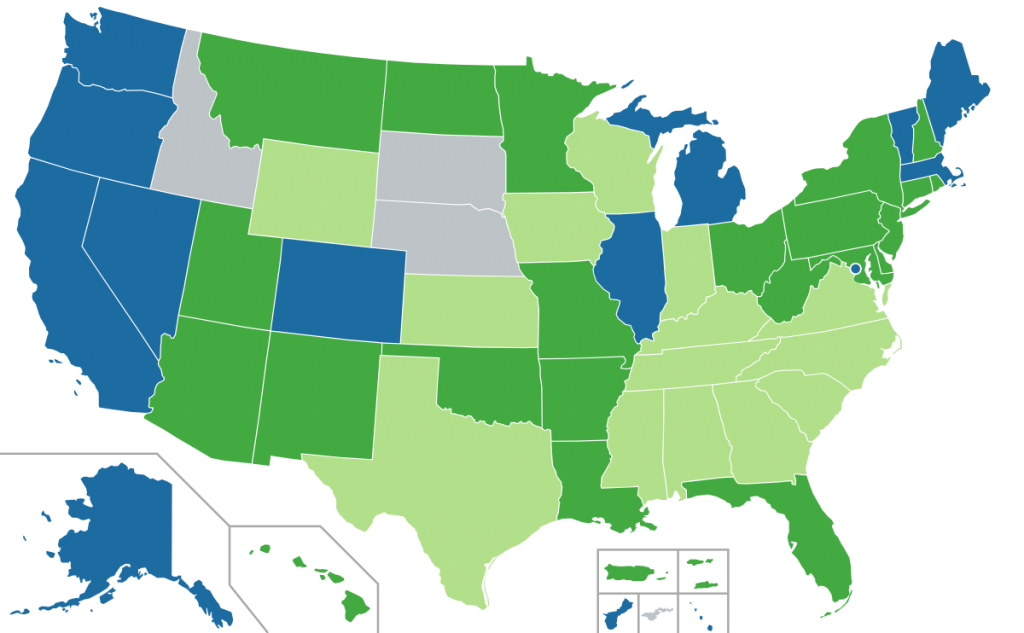
Rhodes: I’m glad you brought this up. The decline of opioid overdoses as well as opioid prescriptions has been dramatically lowered in every state with a medical marijuana program. Medical marijuana should be the first line of defense when someone is dealing with pain. We know that opiates are physically addictive and can oftentimes lead to a life of struggling with addiction. There is no such issue with medical marijuana. [It’s] interesting that you also brought up Colorado as not being an apt model. When Ballot Initiative 65 was crafted, the people who created it did extensive research on all of the states who currently have a medical marijuana program. We wanted to learn from their mistakes and capitalize on their successes. Our model could most similarly be compared to Arizona’s medical marijuana program. We believe in taking a very conservative and regulated approach to this issue.
DeViney: Last but not least, what does it say, in your view, that cannabis can be possessed and consumed in Washington D.C., our nation’s capital, and all Hell hasn’t broken loose, but it remains a Federal crime that people have spent their lives in prison over?
Rhodes: It is very distressing to me that in thirty-three states, medical marijuana is legal and in eleven other states, adult use is legal, but there are people spending their lives in prison for marijuana related crimes. I pray for the hearts of our lawmakers and that these incarcerated people will be set free. There are states where we are seeing marijuana possession and use decriminalized. I’m proud to say Mississippi and Louisiana are two such states.
DeViney: Emily, thank you again for giving of your time here. Thank you, additionally, for your work to expand civil liberties. It’s always a joy having the opportunity to talk to you in any setting.
Rhodes: Jonathan, thank you so much. It was my privilege and pleasure to sit down and answer your questions. Thank you for your dedication to liberty in every aspect!
[Editor’s Note: While we intend to provide a more exhaustive account of the work of GCHQ and the work of its transcendent COO, Emily Rhodes, in the interim please visit both Grassroots Community HQ and MedicalMarijuana2020.com for more information.]
